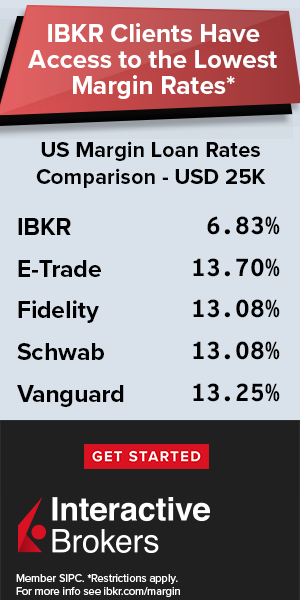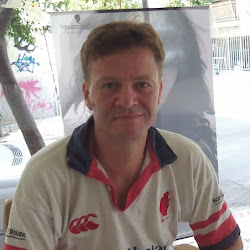WHAT YOU NEED TO KNOW ABOUT MASTER TRADERS – PART 10

“There’s no way to start a business without being bad at those things. People who are good, are good because they spent ten years being bad. Note: You have to love being incompetent in order to be competent.” – James Altucher
Name: Alfred Jones
Date of birth: September 9, 1900
Nationality: Australian, American
Occupation: Sociologist, author, financial journalist, fund manager
STARTING THE FIRST MODERN HEDGE FUND
Alfred was born in Australia but his parents took him to the States when he was 4 years old. He graduated from Harvard in 1923 and then worked as a purser on a tramp steamer.
He later joined the Foreign Service, becoming vice consul at the U.S. embassy in Berlin during Hitler’s rise to power. He earned a PhD in sociology at Columbia University.
He worked for Fortune magazines in 1940s, also writing articles on non-financial subjects.
After an extensive study of the markets, Alfred discovered how they worked and decided to get his feet wet. In 1949, he started the first hedge(d) fund with $100,000 (40% of which was his own money). The fund made a profit of 17.3% in its first year.
The firm became successful, and the name of the partnership was changed to A.W. Jones Company in 1970. In 1984, its fund was transformed into a fund of funds, investing its capital in other hedge funds with different areas of expertise and investment styles. Alfred was also involved in other activities like Peace Corps.
He died on June 2, 1989.
What You Need to Know:
1. Alfred had a deep knowledge of the markets. You need a deep knowledge of the markets. More importantly, the direction of the market does not matter as much as picking the right stocks to buy and sell. Like Alfred, who started the first hedge fund, you can bring new ideas into the world of trading.
2. He started what is now part of hedge fund industry standards like choosing to take 20% of profits as compensation, charging no fees unless profits are made, and opening long and short positions.
3. Alfred and his business method wasn’t widely known until 1966, which emphasizes that there are many quiet-spoken market speculators nowadays who aren’t famous, but who’re successful.
4. Your success will encourage others. One source says Alfred’s hedge fund had then outperformed the best mutual fund over the previous five years by 44 percent, despite its management-incentive fee. Mr. Alfred’s hedge fund had beaten the top performer Dreyfus Fund by 87 percent. This led to a flurry of interest in hedge funds and within the next three years at least 130 hedge funds were started, including George Soros’s Quantum Fund and Michael Steinhardt’s Steinhardt Partners. What can you learn from this? You success will encourage others who will also become triumphant simply because they were inspired by your success in the first place.
5. The road to success is bumpy. Alfred also trod on a bumpy road. You can’t win every month (or possibly every year), no matter how good you’re. I read that Alfred Jones’s investors lost money in only 3 of his 34 years. By contrast, the S&P500 had 9 down years during a similar period.
6. Alfred’s son in law joined his business and become Managing Partner in the following year. Awjones.com reveals that the family tradition continues at A.W. Jones. Alfred’s’ grandson, Robert L. Burch, IV, became a General Partner in 2003 and manages the firm with his father. Your legacy lives on after you pass on.
Conclusion: Do you want to become a triumphant trader and leave and enduring legacy for your posterity? Remember that Alfred W. Jones studied the markets for many years. More importantly, a useful advice is given below.
“[There are] parallels between trading and professional sports. Both of them need extreme dedication and mostly rely on intuitive skills rather than learning by the book. In both you need many hours and even years of practicing to achieve good state of mind to be able to reach the best possible results. There is no professional sport player achieving his success in less than few years, the same with trading. I still remember the most cited quote of Gann that he paper traded for 10 years before entering the real market. He is famous with his many years of success on wall street, more than 50 years. So basically yes, we can compare professional trading with professional sports, but the stakes are much much higher and only the sky is the limit for the reward if you are great in the financial field. Unfortunately very few of us have the courage and patience to learn consistently the market for so long. Everybody is searching for fast money these days but this is not the true path.” –– Kolyo (Source: Binaryoptionsthatsuck.com)
What Super Traders Don’t Want You To Know: Super Traders
Source: www.tallinex.com


 Hot Features
Hot Features












